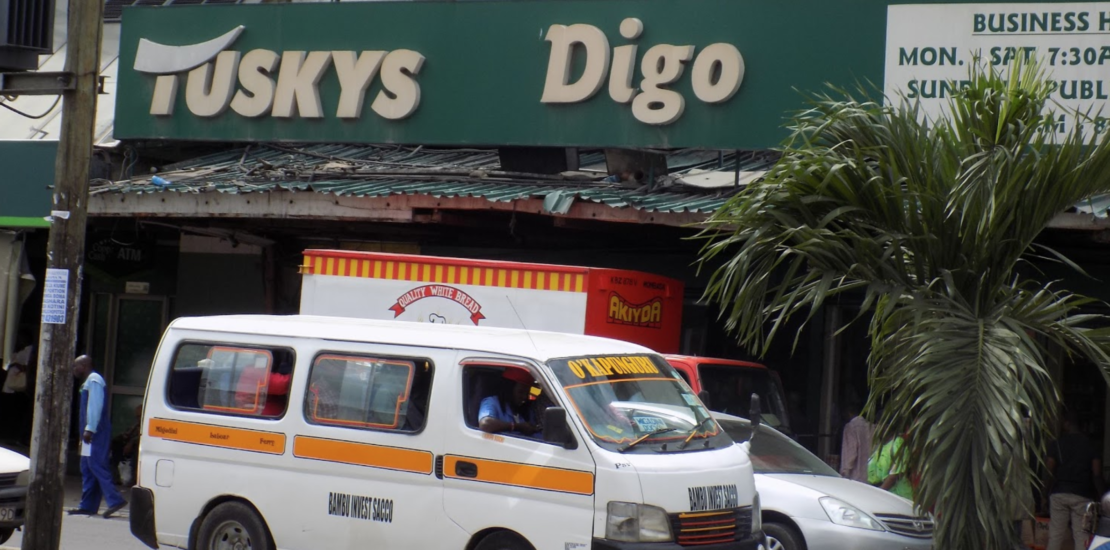- 27/04/2020
- Posted by: Julien Garcier
- Categories: Articles, Kenya, SagaRetail

Kenyan supermarket chain Tuskys last week “temporarily” closed three supermarkets – in Nairobi (Tom Mboya Road), Kitale (Mega Mall), and Mombasa (Digo Road). Prior to this, Tuskys had operated 68 outlets – 61 in Kenya and seven in Uganda.
According to a statement issued by Benard Kahianyu, chairman of holding company Tusker Mattresses Limited, “We have noted that in some areas where we have multiple locations close to each other, we can adequately serve customers better and more efficiently by consolidating our businesses in spacious branches, which allow us to implement social distancing and personal hygiene measures better.”
The Sagaci Retail View: Is this a prudent move in the midst of a healthcare crisis or the first domino to fall? All three of the stores being shuttered are located no more than 1km from another Tuskys location, so it has a certain logic to it, particularly in the case of the Nairobi store, which is located in the CBD.
Google Mobility data shows that daily visits to workplaces in Nairobi were down by more than 40% during the week leading up to the closure (compared with a baseline period in January and February of this year), and the CBD has been one of the hardest-hit parts of the city in this regard. However, in both Nairobi and Mombasa, Sagaci Research data shows that the nearest Tuskys stores are not significantly larger than the ones that have been closed.
Even more puzzling is the case of Kitale. In Trans-Nzoia County, the agricultural region on the Ugandan border where Kitale is located, Google data shows that daily visits to workplaces were down by less than 20% in mid-April (in Mombasa, the comparable figure was 35%). While there have been media reports of food retailers in Kitale being broken into during the dawn-to-dusk curfew, only small stores appear to have been affected.
“Temporarily” closing stores is an expensive business – stock must be moved and staff must be redeployed, while rent must continue to be paid and market share will be lost and may be difficult to regain. To date, among the chains, only Shoprite has joined Tuskys in closing one of its Kenyan supermarkets, and in that case, the rationale was purely economic and the closure permanent. At times like these, most consumers value having a local supermarket more than ever.
More generally, Tuskys appears to be in the weakest financial position of any of the major supermarket chains in Kenya, and if Covid-19 were to claim a victim in chained grocery retail, it would be the most likely candidate.
Having expanded rapidly over the past five years, the suspicion is that, like Nakumatt, debt-fueled growth has left Tuskys vulnerable to external shocks. Moreover, allegations of internal fraud have dogged the retailer for almost a decade, as members of its factious founding family fight for control of the business, while its market share has come under pressure, particularly in Nairobi, as rivals like Carrefour and Naivas have opened new stores. Late last year, we noted media reports that Tuskys was seeking to raise working capital, while just two months ago, Tuskys’ management was downplaying the significance of a round of redundancies at its head office.
All of this means that Tuskys will be watched more closely than ever as the economic shockwave from Covid-19 ripples through the Kenyan economy.
If you want an in-depth analysis of Tuskys’ growth, operations, retail strategy, and corporate governance, check out our Tuskys Retailer Research Report


